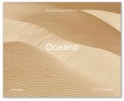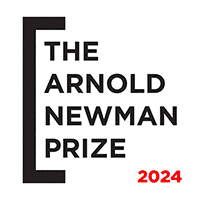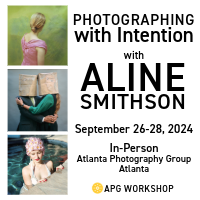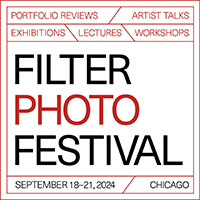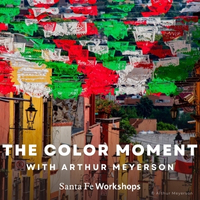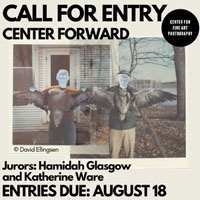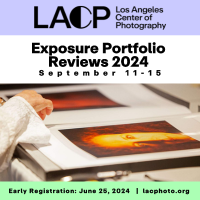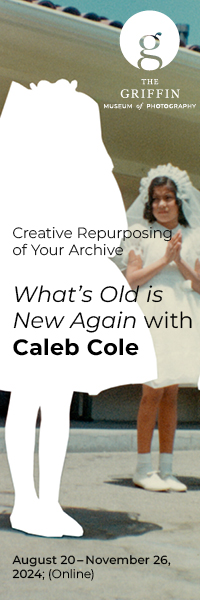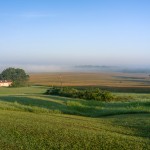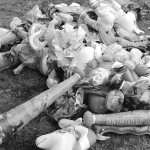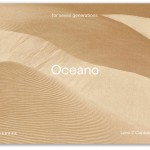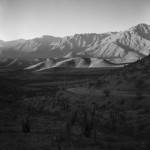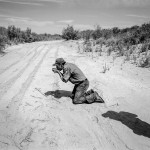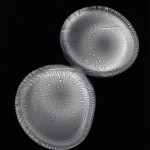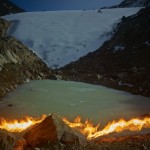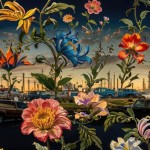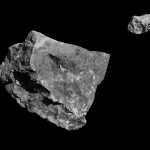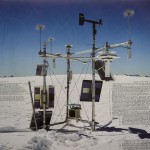Isolationism in Photography: Jacob Black: I Cannot Wipe Sunrise Down My Jumper To Get Rid Of Fingerprints.
What does it mean to be alone? To be isolated from the people and things we hold dearest? Since the pandemic, it seems like we all have an answer to this very question. Some people embraced the mandatory isolation while others struggled being forced to be apart from their loved ones. This week will feature photographers who captured moments they felt most alone and the ways this isolation expressed itself in their lives.
When confusion clouds our thoughts it can be hard to understand the world, let alone ourselves. Jacob Black, a British photographer, knows exactly how isolating it can be when the world doesn’t make sense to you. After an accident that left him with a concussion, Black was left feeling disconnected from himself. Finding himself wandering to places of the past, Black decided to document the spaces he came across in an effort to understand his surroundings. The results of his wandering photographs are a deeply haunting look into what our minds see when we are not fully aware of ourselves.
Jacob Black (1995) is a British award-winning artist and photographer. Through a passion for the social sciences and lens-based documentation, Jacob completed a BA in Politics (2018) and an MA in Photojournalism (2021).
Working with both analogue and digital, Jacob explores ideas of land and environment, drawing on myth and the human connection to personal surroundings and habitats. Jacob’s work is often informed by the ambiguities within the photographic medium, exploring how process driven photographic expermenations can construct narratives in visual storytelling. In 2022 Jacob exhibited his work Forget Me Not in galleries in London and New York. He contributed images and text to publications such as The Royal Photographic Society and the Tates Moderns book collection.
Jacob recently won the 2022 Lensculture B&W awards and is a recipient of the Lensculture working grant for his work ‘I Cannot Wipe Sunrise Down My Jumper To Get Rid Of Fingerprints’ which is was exhibited at Photo London 2023. More recently Jacob has been exploring the topic of air pollution (PM 2.5) for his residency at Studio88 and participation in the Art For Air Festival Chiangmai 2023. Jacob works commerically for Flatspot / Always In Colour as a Photographer.
Follow Jacob Black on Instagram: @jakeblack___
I Cannot Wipe Sunrise Down My Jumper To Get Rid Of Fingerprints.
I spent the summer of 2022 in a daze. The laps of cognitive understanding were due to a fall, quite a high one. The sensations of concussion came over me, I felt spooked, unable to put the simplest thoughts in order I was despondent, disconnected.
As the weeks went on, I began trying to continue my photo work, producing visual recordings of surroundings in South Devon, UK. I found myself roaming in areas I hadn’t been to since childhood, my brain seemed to be finding magic in the small things, I often would find myself staring at the flow of the river, small flickers of light and not consciously doing it. Speaking with a friend, I would stare through them, only for a moment losing touch with the world. This environmental and personal wonder would slip into profound feelings of darkness and confusion, feelings were intensified by the constant beating sun and endless reports of fires, and fields turning a burnt brown. I felt a wonderous destructive weight envelop me.
At times scary, I began exploring how my brain and psyche were reacting to an environment and people I knew so well. How my mind visualised and experienced life during and after a mild Traumatic Brain Injury. -Jacob Black
Kassandra Eller: Thank you Jacob, for agreeing to this interview! I wanted to start by discussing your photographic journey. When did you become interested in photography and what led you to where you are today.
Jacob Black: Hello, I grew up for the most part in Totnes, Devon. I spent much of my adolescence in fields, beaches and along the river Dart. Coming from this place shaped the person I am today. I guess I have always taken photos it was just something I did and was fascinated by.
KE: I see in your bio you received a BA in Politics. Do you feel like this interest informs your photographic work in any way?
JB: What I took away from my BA was an ability and framework to critically think, having the tools to deconstruct ideas has definitely informed my photographic work.
KE: You discuss in your bio how process drives your work. I feel that way myself when I’m working on my own projects. In this project, did you have a different process due to the nature of the work?
JB: I think my process always starts with making images, and seeing where I go with it. This project was no different in that respect. What was different was I was so engulfed in the effects of the concussion I was sort of unable to do or think about anything else.
I had some images in mind, like the one of the hand and the black circle, which I feel best explains my brain at the time. I was lost and confused but I had small moments of clarity that would bring me back to reality. All the images were taken in South Devon where I was living at the time and an area I know so well, to see it in a completely different frame of mind was very interesting if not scary. The people in the images are friends and family people who were near me at the time.
KE: Light seems to play a big part in this project in the sense that it highlights a certain part of each photo. Would you elaborate on why you chose to use light in this way?
JB: These small moments of light are at the core of the work. Something I found after hitting my head as I would see stuff out of the side of my eye and turn to see nothing out of the ordinary, half-second visual abnormalities, it was kind of hallucinatory but also felt so normal. I also would forget what I was doing a lot, then remember at the strangest times, so the light is used to highlight these small moments of clarity.
KE: Due to the black-and-white nature of these photographs, there is a sense of reflection and a serious nature to the images. Was photographing in black and white used as a way to portray your state of mind at that moment?
JB: I choose B&W because of the juxtaposition of light and dark, clarity and confusion. At its core, this is what the work is about. I find B&W imagery to hold more secrets and allows for more ambiguity.
KE: You state that you found your way back to childhood places and occasionally lost touch with your surroundings. This sounds quite isolating and as you say in your statement, scary. When you were in these moments did you find it hard to photograph?
JB: I think photographing was a way to express how I was feeling and just a general distraction. I find making images in general quite isolating often a lone pursuit.
It’s hard to explain, I almost enjoyed feeling so strange my brain was working in a way it hadn’t before. It was dream-like, memories that I know were mine, but didn’t feel how I would usually experience them. This weird creative brain function would swiftly change into very dark and detached thoughts which would last for days, I struggled to make sense of this at the time.
KE: How did you know this was a completed project? Did there come a moment when you knew that you were finished?
JB: Well as the symptoms started to fade I just sort of wanted to move on. It was a truly interesting experience but one I wouldn’t wish on anyone. I find it hard to relive what I was feeling at the time because, in all honesty, I don’t really remember it, it seems like a dream.
KE: Is there anything you are currently working on?
JB: I recently made a body of work for the Art For Air Festival and Studio88 in Chaing Mai. Looking to visualise and make a tangible response to the PM 2.5 air pollution problem in Chiang Mai through processes-driven photographic experimentation of the material aspects of both analogue photography and air pollution.
I am currently building a darkroom also, so lots of work to come. I am excited for the seasons to start changing.
KE: Is there anything I didn’t mention that you would like to add?
JB: Thanks for taking the time to look and experience the work. I really appreciate it.
Posts on Lenscratch may not be reproduced without the permission of the Lenscratch staff and the photographer.
Recommended
-
Michael Young: Maybe TomorrowJune 26th, 2024
-
Hannah Latham: Milking HourJune 24th, 2024
-
Lana Z Caplan: Oceano (for seven generations)June 20th, 2024
-
A Drying Heartland: The Arid Photographs of Nicolás MarticorenaJune 4th, 2024
-
THE CENTER AWARDS: ENVIRONMENTAL AWARD: JOHN TROTTERMay 25th, 2024













